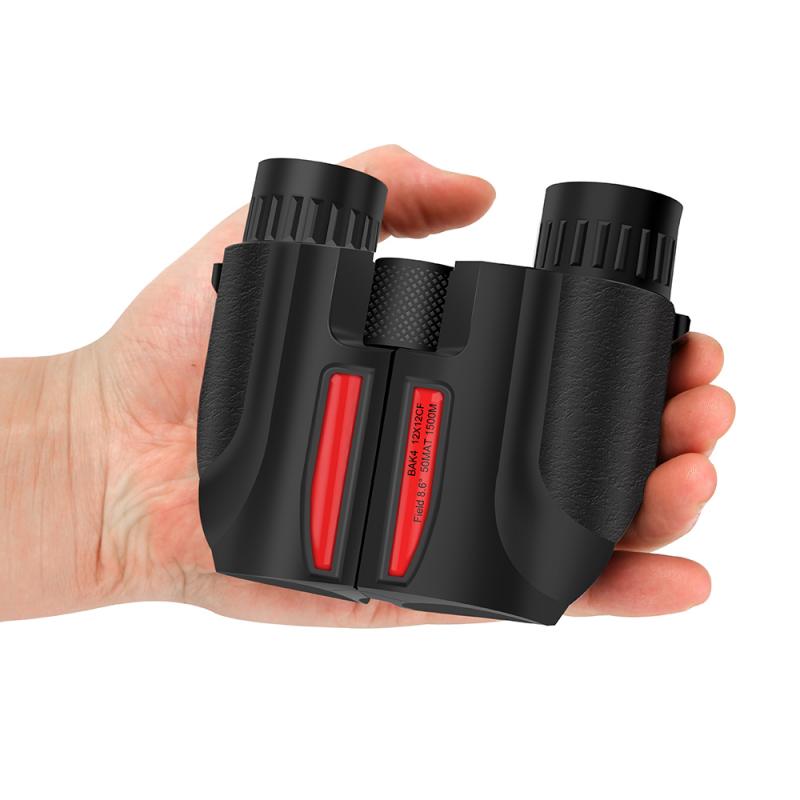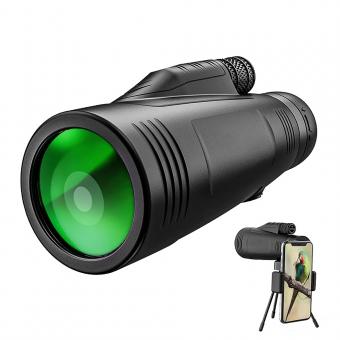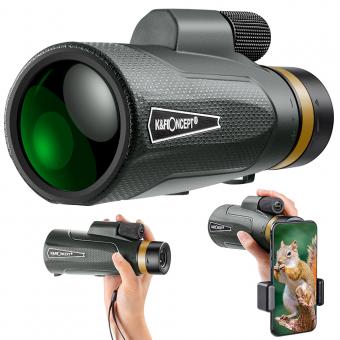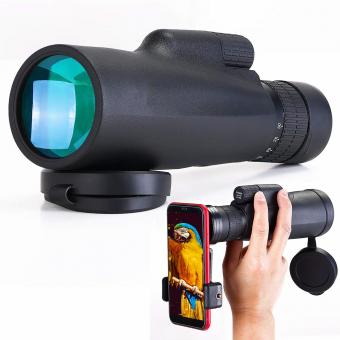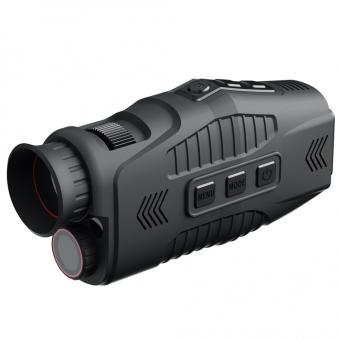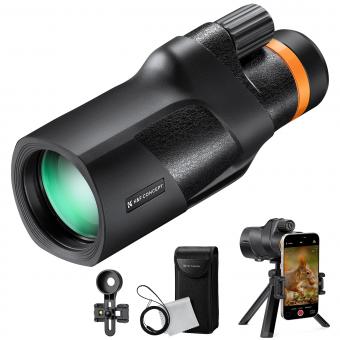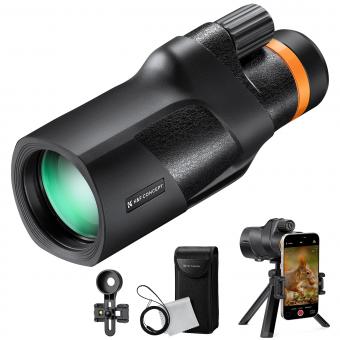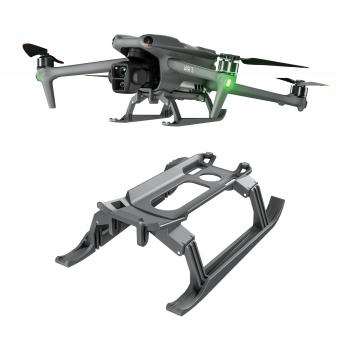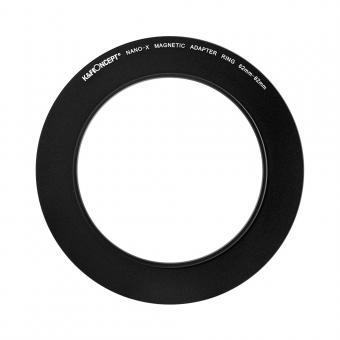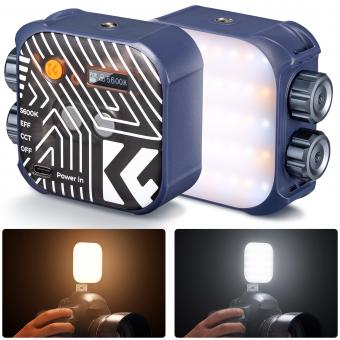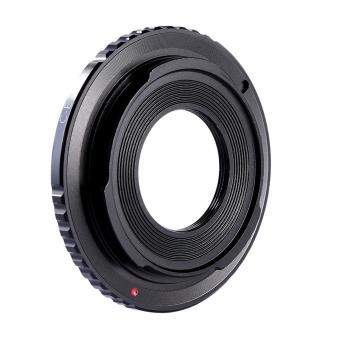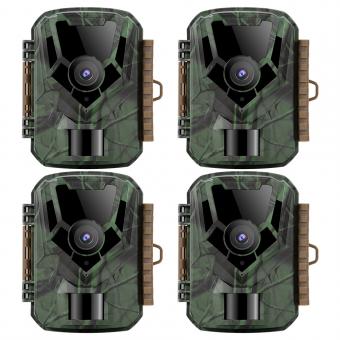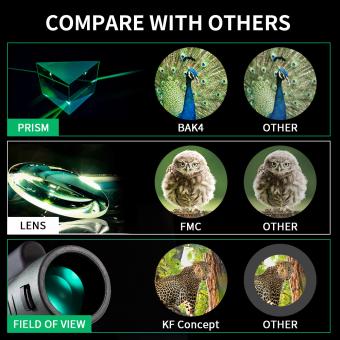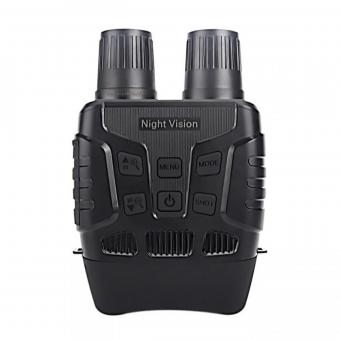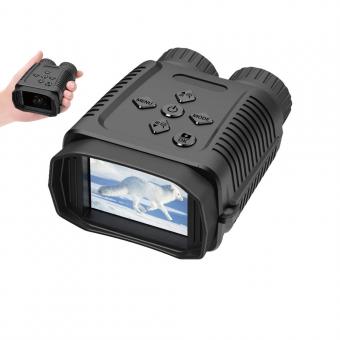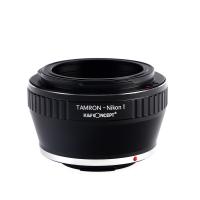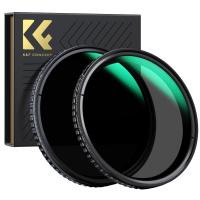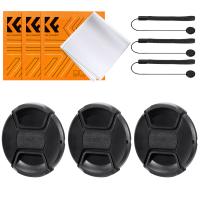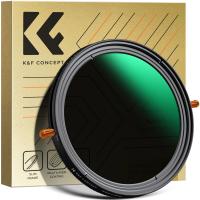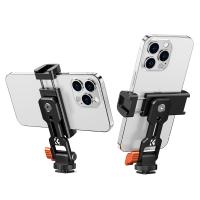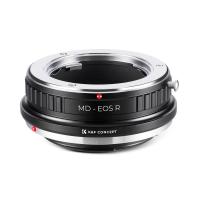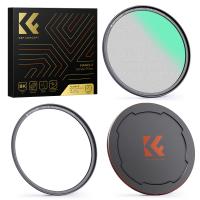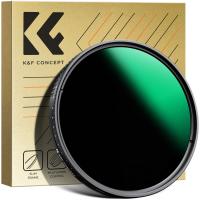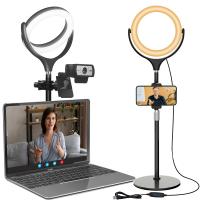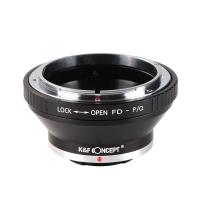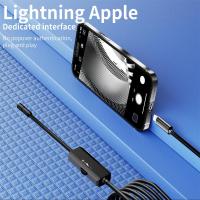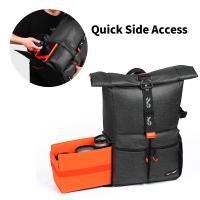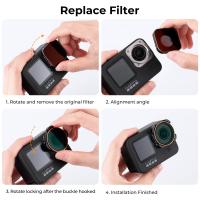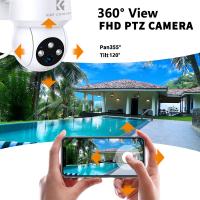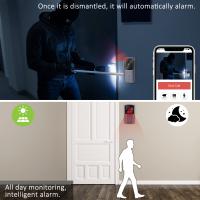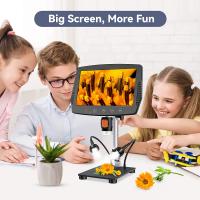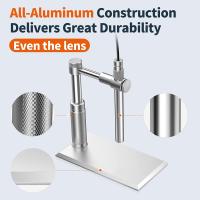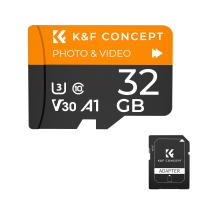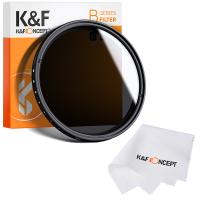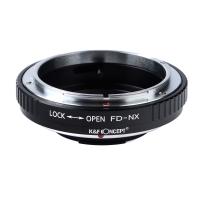Which Is Better Monocular Or Binocular ?
The choice between a monocular and binocular depends on the specific needs and preferences of the user. Monoculars are compact and lightweight, making them convenient for activities like hiking or birdwatching. They are also typically more affordable than binoculars. On the other hand, binoculars provide a more immersive viewing experience with a wider field of view and better depth perception. They are commonly used for activities like stargazing, wildlife observation, or sports events. Ultimately, the decision between a monocular and binocular should be based on the intended use, personal comfort, and budget.
1、 Optical Performance: Binoculars offer better depth perception and image quality.
Which is better, monocular or binocular? When it comes to optical performance, binoculars have the upper hand. Binoculars offer better depth perception and image quality compared to monoculars.
Binoculars provide a stereoscopic view, allowing both eyes to work together and perceive depth. This is particularly useful for activities such as birdwatching, hunting, or stargazing, where accurately judging distances is important. With two separate optical paths, binoculars provide a more immersive and three-dimensional viewing experience.
In terms of image quality, binoculars generally have larger objective lenses and higher magnification capabilities compared to monoculars. This means that binoculars can gather more light, resulting in brighter and clearer images. The larger lenses also allow for a wider field of view, enabling users to observe a larger area without having to constantly adjust their viewing position.
Moreover, binoculars often come with features like image stabilization, which can further enhance the viewing experience by reducing hand tremors and providing a steadier image. Some binoculars also offer advanced coatings on the lenses to minimize glare and improve contrast, resulting in sharper and more vibrant images.
It is worth noting that monoculars do have their advantages in certain situations. They are generally more compact and lightweight, making them easier to carry and handle. Monoculars are also more affordable compared to binoculars of similar quality. Additionally, monoculars can be used with one hand, which can be advantageous in situations where the other hand needs to be free.
However, when it comes to optical performance, binoculars are the clear winner. They offer better depth perception, image quality, and a more immersive viewing experience. With advancements in technology, binoculars continue to improve, providing even better optical performance and features.
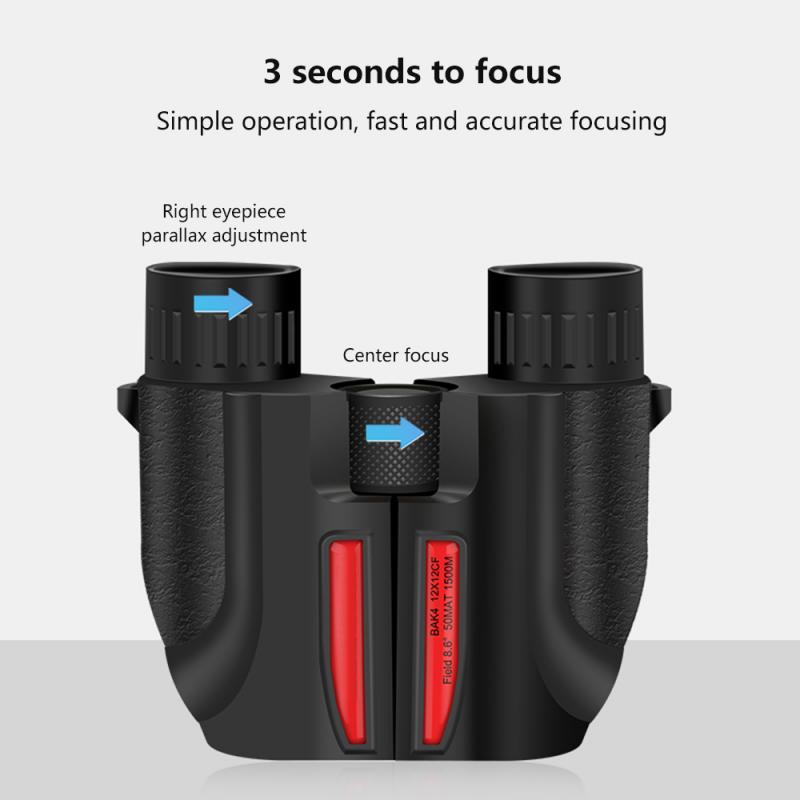
2、 Field of View: Monoculars provide a narrower field of view compared to binoculars.
Which is better, a monocular or binocular? Well, it ultimately depends on your specific needs and preferences. However, when it comes to the field of view, binoculars have the upper hand.
Monoculars typically provide a narrower field of view compared to binoculars. This means that when using a monocular, you will have a more limited view of your surroundings. Binoculars, on the other hand, offer a wider field of view, allowing you to see more of the scene in front of you.
Having a wider field of view can be particularly advantageous in certain situations. For example, if you are birdwatching or observing wildlife, a wider field of view allows you to spot and track animals more easily. It also provides a more immersive experience, as you can take in more of the surrounding environment.
However, it is important to note that advancements in technology have led to the development of monoculars with improved field of view. Some modern monoculars now offer wider fields of view, rivaling those of binoculars. These high-quality monoculars can provide a more immersive viewing experience, making them a viable option for certain activities.
Ultimately, the choice between a monocular and binocular depends on your specific needs and preferences. If a wider field of view is important to you, then binoculars may be the better choice. However, if portability and convenience are more important, a monocular may be a suitable option, especially considering the advancements in technology that have improved their field of view.
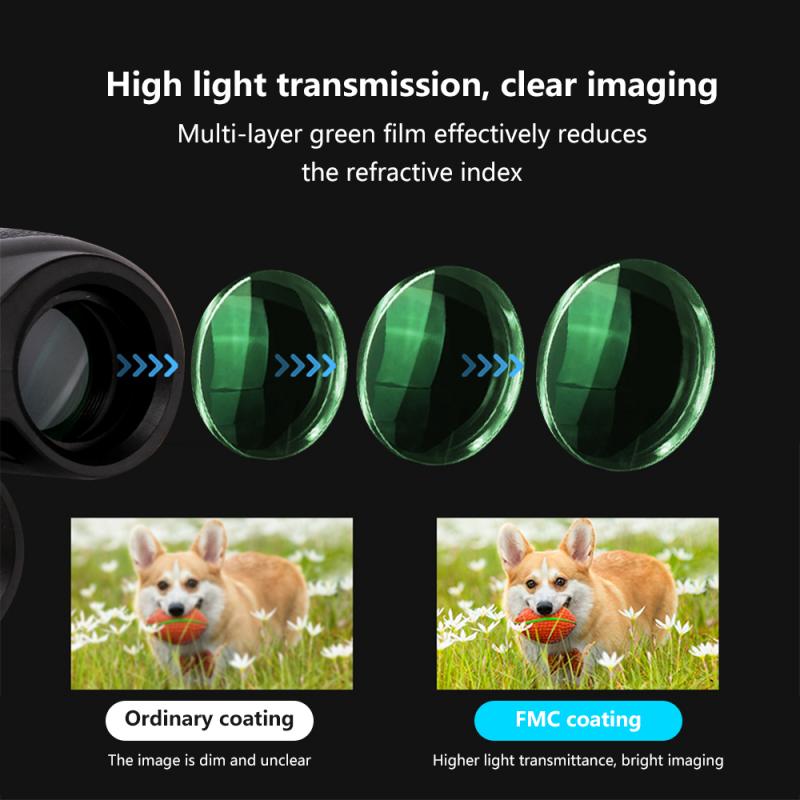
3、 Portability: Monoculars are more compact and lightweight for easy carrying.
Which is better, a monocular or a binocular? Well, it ultimately depends on your specific needs and preferences. However, when it comes to portability, monoculars have a clear advantage.
Monoculars are designed to be compact and lightweight, making them incredibly easy to carry around. They are typically smaller than binoculars, making them ideal for outdoor activities such as hiking, birdwatching, or even just stashing in your pocket for everyday use. Their small size also means they take up less space in your bag or backpack, leaving more room for other essentials.
In recent years, there have been advancements in both monocular and binocular technology. Binoculars have become more lightweight and compact, narrowing the gap in terms of portability. However, monoculars still maintain their edge in this aspect.
The latest monocular models are often made with high-quality materials that are both durable and lightweight. They are designed to withstand the rigors of outdoor use while still being easy to carry. Some monoculars even come with features like waterproofing and shock resistance, further enhancing their portability and versatility.
Additionally, monoculars are often favored by those who value convenience and simplicity. With a monocular, you only need to focus with one eye, which can be more comfortable and less straining over long periods. This can be particularly beneficial for individuals with vision impairments or those who wear glasses.
In conclusion, if portability is a top priority for you, then a monocular is the better choice. Its compact and lightweight design makes it easy to carry and convenient to use. However, it's important to consider other factors such as magnification power, image quality, and intended use before making a final decision.
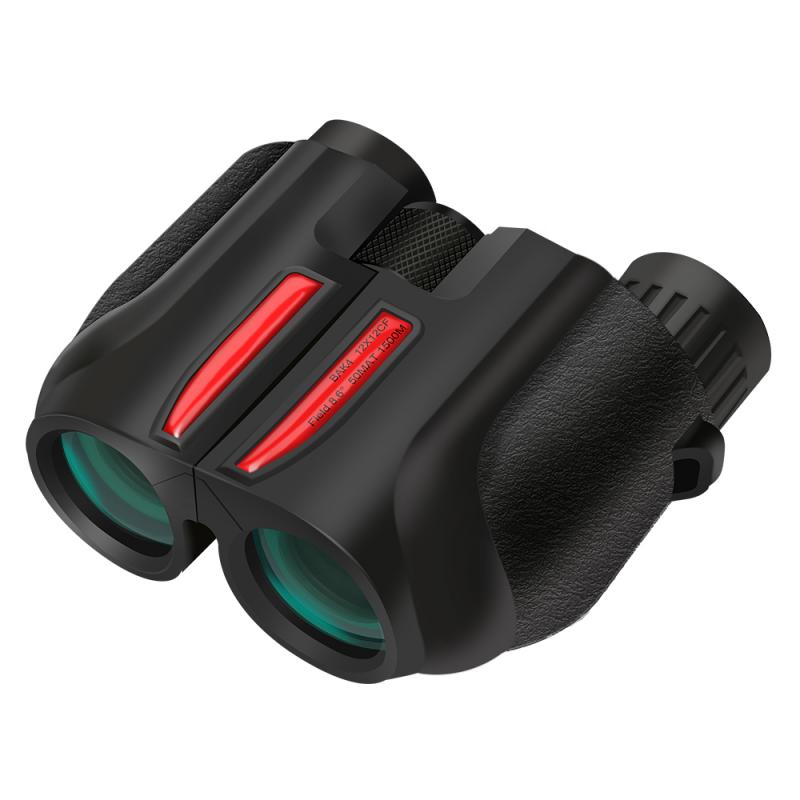
4、 Ease of Use: Binoculars are generally easier to use, especially for extended periods.
Which is better, a monocular or binocular? When it comes to ease of use, binoculars are generally considered the better option, especially for extended periods of use.
Binoculars provide a more comfortable viewing experience due to their design. With two eyepieces, they offer a balanced and natural viewing experience, allowing both eyes to work together. This reduces eye strain and fatigue, making them ideal for prolonged use. Binoculars also provide a wider field of view, allowing for better depth perception and a more immersive viewing experience.
In recent years, there have been advancements in binocular technology that further enhance their ease of use. Many binoculars now come with features such as image stabilization, which reduces hand shake and provides a steadier image. This is particularly useful when viewing objects from a distance or in situations where stability is crucial, such as birdwatching or stargazing.
However, it is important to note that monoculars have their own advantages in certain situations. They are smaller, lighter, and more portable than binoculars, making them easier to carry around. Monoculars are also easier to use with one hand, which can be beneficial in situations where you need to hold onto something or have limited mobility.
Ultimately, the choice between a monocular and binocular depends on your specific needs and preferences. If you prioritize ease of use, especially for extended periods, binoculars are generally the better option. However, if portability and one-handed use are more important to you, a monocular may be the more suitable choice.
